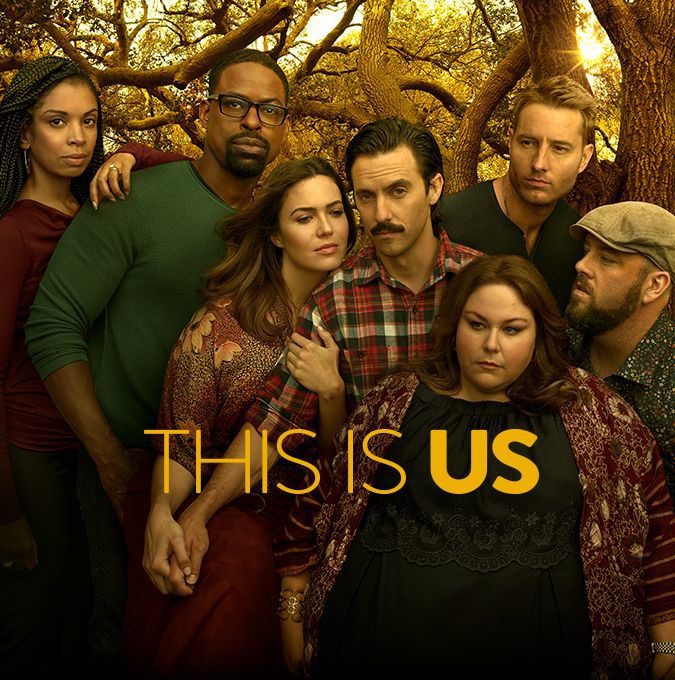
The Meaning Crisis; This Is Us
Have you ever wondered “Why the Past 10 Years of American Life Have Been Uniquely Stupid”? We attempt to give an answer in this new episode of the Your Sunday Drive podcast by looking at a popular Atlantic article with that title from cultural commentator Jonathan Haidt. Points of discussion include social media, its influence…




